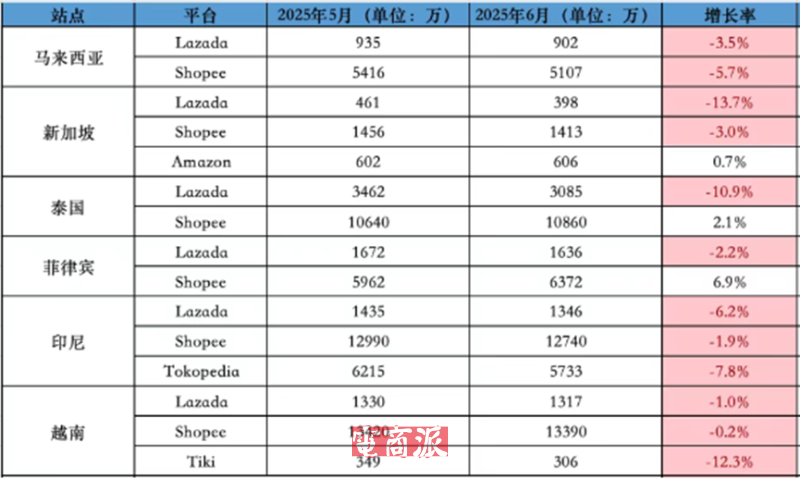htmlcssjavascript

HTML
CSS
and JavaScript are three essential technologies used in web development. While HTML provides the structure of a web page
CSS is responsible for its presentation and JavaScript adds interactivity to the page. In this article
we will discuss the key features and uses of each of these technologies.
HTML (Hypertext Markup Language) is the standard markup language used for creating web pages. It is the backbone of every web page
providing the structural elements necessary for displaying content. HTML uses a series of tags to define the different components of a page
such as headings
paragraphs
images
links
and tables. These tags are enclosed in angle brackets and can contain attributes that provide additional information about the element.
CSS (Cascading Style Sheets) is a style sheet language used to describe the presentation of a document written in HTML. It allows developers to control the appearance of a web page by defining the fonts
colors
layout
and other styling properties. By separating the style from the content
CSS provides a more flexible and efficient way of designing web pages. CSS uses selectors to target specific elements on a page and apply the desired styles to them. It supports various selectors
such as element selectors
class selectors
ID selectors
and attribute selectors.
JavaScript
on the other hand
is a programming language that adds interactivity and dynamic behavior to web pages. It allows developers to create interactive elements
perform calculations
validate forms
handle events
and manipulate the content of a page in real-time. JavaScript is a client-side scripting language
meaning it runs on the user's web browser
enabling the creation of dynamic web applications. It can also interact with the server-side technologies
making it versatile for both front-end and back-end development.
In modern web development
HTML
CSS
and JavaScript work together to create engaging and user-friendly web pages. HTML is responsible for the structure and content
CSS for the visual presentation
and JavaScript for the interactivity. For example
HTML defines the structure of a form
CSS styles the form elements
and JavaScript validates the user input and handles form submission.
Furthermore
these technologies are constantly evolving
with new updates and features being introduced regularly. HTML5
the latest version of HTML
introduced many advanced features such as semantic elements
multimedia support
and offline capabilities. CSS3 introduced new selectors
transitions
animations
and flexible box layouts. JavaScript frameworks and libraries like React
Angular
and Vue have also gained popularity
simplifying the development process and enhancing the user experience.
In conclusion
HTML
CSS
and JavaScript are the core technologies used in web development. HTML provides the structure
CSS adds visual styling
and JavaScript adds interactivity to web pages. These technologies
along with their updates and the support of various frameworks and libraries
play a crucial role in creating modern and dynamic web applications. Understanding their features and knowing how to effectively use them is essential for any web developer.
 邮件群发-邮件群发软件|邮件批量发送工具|群发邮件平台|批量邮箱发送系统公司
邮件群发-邮件群发软件|邮件批量发送工具|群发邮件平台|批量邮箱发送系统公司








